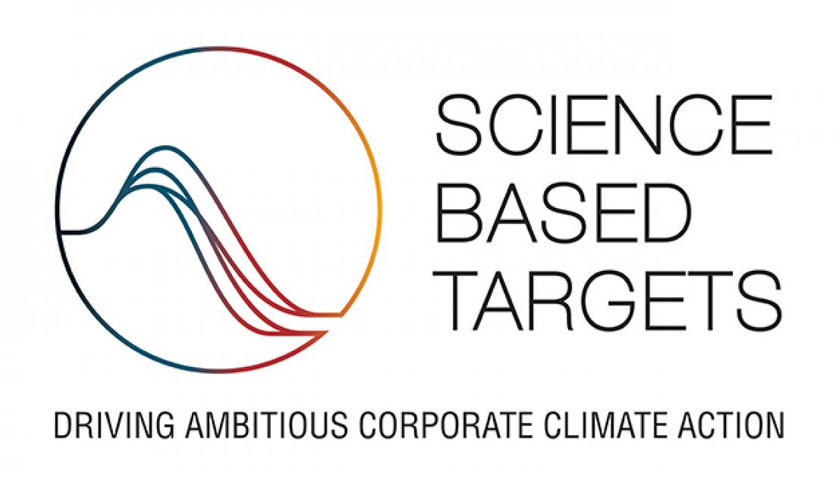Warner Music Group, one of the world’s largest record companies, today announced that its near-term greenhouse gas (GHG) emissions reduction targets have been validated by the Science Based Targets initiative (SBTi), reinforcing the company’s dedication to environmental sustainability.
WMG has established ambitious targets to reduce its GHG emissions across all scopes, committing to:
- Reduce absolute scope 1 and 2 GHG emissions 54.6% by FY2033 from a FY2023 base year
- Reduce absolute scope 3 GHG emissions from purchased goods and services, upstream transportation and distribution and business travel 32.5% within the same timeframe
“The SBTi’s validation of our targets underscores WMG’s commitment to leading the way in climate action,” said Olga LaBelle, Vice President, ESG, WMG. “WMG is making meaningful strides toward reducing our carbon footprint as part of our broader strategy to inspire artists and songwriters, fans, and the broader music industry to take action on climate change.”
The SBTi enables companies worldwide to actively contribute to combating the climate crisis by leveraging rigorous climate science and data. Science Based Targets are GHG emission reduction goals aligned with the Paris Agreement, which seeks to limit global warming to well below 2°C above pre-industrial levels and to pursue efforts to limit the increase to 1.5°C.
WMG’s primary source of scope 1 and 2 emissions stem from on-site combustion, cooling, heating, natural gas, and purchased electricity. These emissions represent less than 5% of the company’s total annual emissions. The majority of WMG’s emissions fall under scope 3, with the most material categories consisting of purchased goods and services, capital goods, upstream transportation and distribution, and downstream transportation.
WMG pledged to set their targets in 2021 as a signatory to the Music Industry Climate Pact. To build the baseline GHG footprint, WMG collected primary data from WMG’s global facilities in 46 countries. Additionally, WMG worked with partners to gather and analyze data across the entire value chain, including production and distribution, as well as employee travel and suppliers.
This validation reinforces WMG’s dedication to integrating environmentally responsible practices throughout their business and their supply chain. Earlier this year, WMG committed to sourcing 100% renewable energy across its global operations by 2030. To support its ambitious climate goals, WMG spearheaded the development of the industry’s first 140g Vinyl Life Cycle Assessment (LCA), a critical tool for understanding and reducing the environmental impact of vinyl records throughout their production journey. Further solidifying its commitment to sustainable innovation, the company unveiled the EcoRecord, a groundbreaking LP crafted from recyclable PET, the world’s most commonly recycled plastic.

